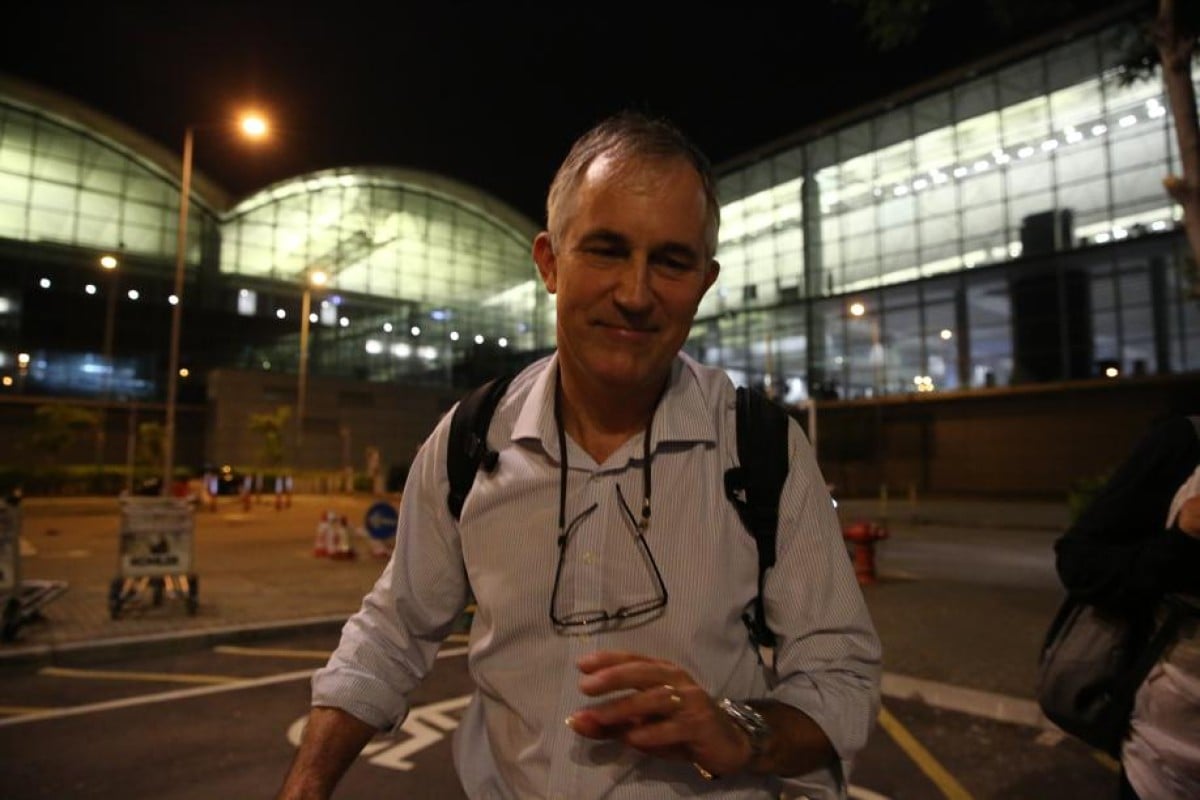
Liberal Studies: Press Freedom in Hong Kong [October 30, 2018]
 Victor Mallet was denied a renewal of his work visa.
Victor Mallet was denied a renewal of his work visa. Issue 3
In Hong Kong, there have been several incidents of note also related to freedom of the press and speech that have caused public outcry.
Earlier this month, Hong Kong refused to renew the visa of Financial Times Asia news editor Victor Mallet, after he chaired a controversial talk by an independence activist in August.
Mallet, who is also the vice-president of the Foreign Correspondents’ Club (FCC), chaired a talk by Hong Kong National Party convenor Andy Chan Ho-tin despite strong objections from the city’s government and Beijing.
Authorities were at the time considering an unprecedented ban on the party, which they when on to implement on national and public security grounds.
In its editorial, the Financial Times said it did not support the idea of Hong Kong independence, but it strongly supported the principle of free speech. The newspaper headquartered in London said: “The decision to deny a visa to an FT correspondent is highly regrettable.
“It sends a chilling message to everyone in Hong Kong, highlighting Beijing’s tightening grip on the territory and the steady erosion of basic rights that are guaranteed in Hong Kong’s laws and international agreements.”
Founder of banned pro-independence Hong Kong National Party says other political parties may be next
Reporters Without Borders – an international group which advocates press freedom – urged authorities to reverse their decision, describing the action as proof Beijing was extending to Hong Kong what it called a policy of intimidating foreign journalists.
“The Hong Kong authorities’ visa renewal rejection – without explanation – of a journalist who’s done nothing more than his job smacks of Beijing-style persecution of critics,” said Maya Wang, senior researcher on China for Human Rights Watch. “Together with the recent and also unprecedented banning of the Hong Kong National Party, the visa rejection indicates a quickening downward spiral for human rights in Hong Kong; that the Hong Kong government is now following Beijing’s lead in acting aggressively towards those whose views the authorities dislike.”
In 2015, five Hong Kong-based book publishers linked to the company Mighty Current went missing. The booksellers specialise in reading materials critical of the Chinese Communist Party. They eventually turned up in the custody of mainland authorities. The circumstances surrounding their disappearances have raised questions about the safety of Hongkongers who speak out against Beijing.
Question prompts:
Why do you think the government rejected Mallet’s visa permit?
What did the Hong Kong government – for example, the Basic Law, Hong Kong independence, and sovereignty – have to consider when it came to Mallet’s visa rejection?
